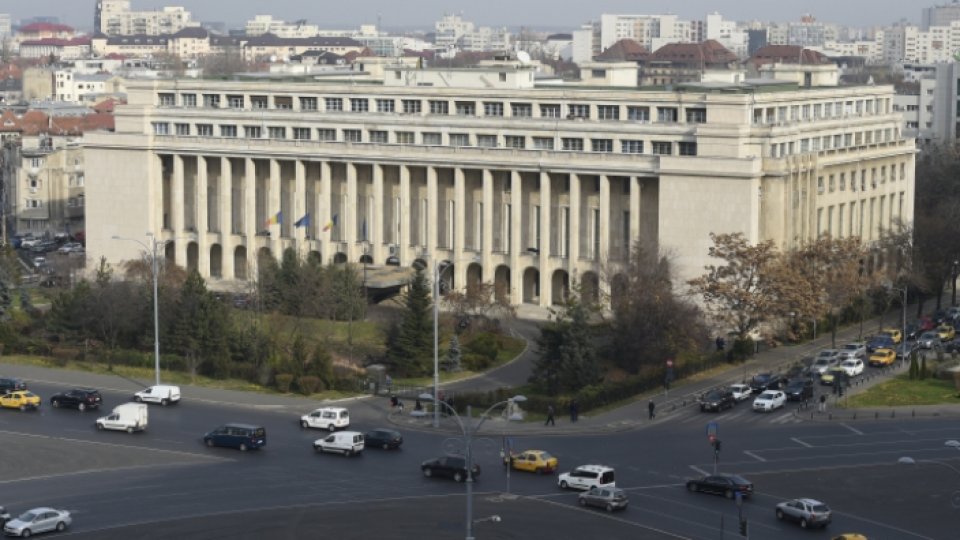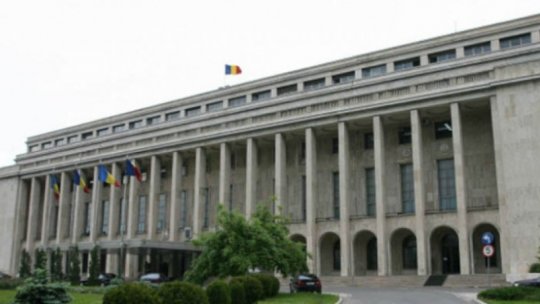REUTERS:Romanian government softens bank tax
Romania’s government softened a tax on the financial assets of banks and eliminated provisions that threatened the independence of monetary policy.

Articol de Sergiu Şteţ, 29 Martie 2019, 17:22
Romania’s government softened a tax on the financial assets of banks and eliminated provisions that threatened the independence of monetary policy on Friday, but it upheld taxes on energy and telecoms companies it first approved in late December.
The Social Democrat-led cabinet upset markets when it introduced the measures without public debate or impact assessment at the end of 2018. Stocks plunged and the leu hit record lows. Standard & Poor’s briefly considered downgrading Romania’s credit rating outlook .
The government initially wanted to tax progressively all bank financial assets if money-market interest rates exceeded 2 percent. On Friday, it decoupled the tax from market rates, lowered it and excluded several types of assets, including state treasuries and loans to public administration.
But the government also said all energy companies except state-owned coal-fired power plants will pay a turnover tax of 2 percent. Producers will sell electricity and gas meant for households at capped prices until February 2022, but the government removed the gas price cap for industrial consumers.
Separately, the cabinet raised the pre-tax rate of return for power and gas distributors to 6.9 percent until 2024, which it said will encourage investment in distribution networks.
The government said the measures were intended to lower borrowing costs and energy tariffs for households. Romania will hold four elections this year and next.
But experts said raising the rate of return for energy distributors was likely to raise final household bills, defeating the purpose of the price caps forced on producers.
Friday’s decree also postponed imposing higher share capital requirements for mandatory private pension funds until the end of December.
The seven funds were introduced 11 years ago to reform the country’s communist-era, pay-as-you-go pension system. They now hold assets worth 10.2 billion euros ($11.43 billion) for just over 7 million contributors.
The government wants them to increase their share capital by an overall 800 million euros, which has prompted the European Commission to warn of potential market exits.
The funds have asked the government to lower the requirements, while the government has said it would like them to invest in infrastructure projects. Negotiations between the funds and officials are likely to continue. ($1 = 0.8921 euros).
Source: REUTERS









